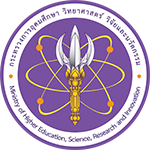Speaker Interview: Farzana Ahmad
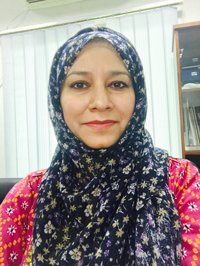
Ms. Farzana Ahmad is an expert in instructional design and effective pedagogy through the use of technology. She holds a masters degree in Education from University of Sunderland, UK, with a focus on teaching and learning with 21st century technologies, and has over 15 years of teaching experience in maths, computing, and education across a range of levels in the UK and Pakistan. Currently, she is a Lecturer of Innovative Technologies in Education at the National University of Sciences and Technology (NUST), Pakistan. Her research focus is to find innovative ways to improve quality and access to learning using low cost technologies to cater to a vast majority of under privileged children as well as adults in Pakistan. She is involved in various research projects focusing on digital game-based learning, providing expertise on developing instructional strategies especially for out of school children located in socially marginalized areas.
Farzana Ahmad will be taking part in the research hour in the Learn Live theatre on day 2, presenting her research on the impact of game-based learning, in particular using tablets to teach Mathematics to Primary School Students. We asked her some questions about her thoughts on collaboration, Bett Asia and how technologies are affecting education transformation globally:
Who/what do you want to see at Bett Asia 2017?
I am looking forward to meeting the greatest people from all over the world who will be sharing their endeavours in transforming the educational landscape through research and practice. I am also looking forward to sharing the findings of my research project on digital game-based learning and intend to seek further opportunities for collaboration in educational research to improve access and quality of education in Pakistan.
Why do you think global collaboration is so important in education?
Global collaboration in education is very valuable because it not only accelerates progress but also enhances the quality of educational research and its implementation. It is beneficial to learn about new teaching tools by sharing best practices, resources and innovative ideas – this benefits students by increasing the breadth of their knowledge and teaching different approaches to solving global challenges. Collaboration can save time and prevent the wheel from being re-invented by learning strategies that worked for some and not for others.
Global collaboration must be emphasised, encouraged and brought to a level where it can impact and improve the quality, resources and capabilities of both researchers and institutions involved. An academic culture that fosters partnerships and cooperation instead of individualism must be embraced in order to improve education quality, accelerate progress and extend dedicated pupil’s horizons.
Why is Bett Asia so important for educational transformation in the region?
Bett Asia is a leader in globalizing education in the Asia-Pacific region. Bett Asia has played a major part in creating a platform for collaboration and correspondence to be maintained amongst leading educationists and policy makers.
How does the world deal with the need for more teachers and new approaches to learning?
The internet and social media are creating great platforms for learning: MOOCs and teaching through videos are effective teaching trends that have been around for a while; online and distance learning have also shown how learning can take place regardless of physical presence. Similarly, educational applications on mobile and computers, including games, have also created more ‘virtual teachers’ that assist in teaching students and provide other approaches to learning than the traditional school based lecture system.
How can gamification ignite student excitement?
Many studies have shown the motivating and engaging effect that gamification has on learners. Merits, demerits and rewards all encourage participants to perform better and create a sense of competition. This feeling helps students to push their boundaries and spend a greater amount of time in learning and developing their skills.
.png?ext=.png)







.png?ext=.png)


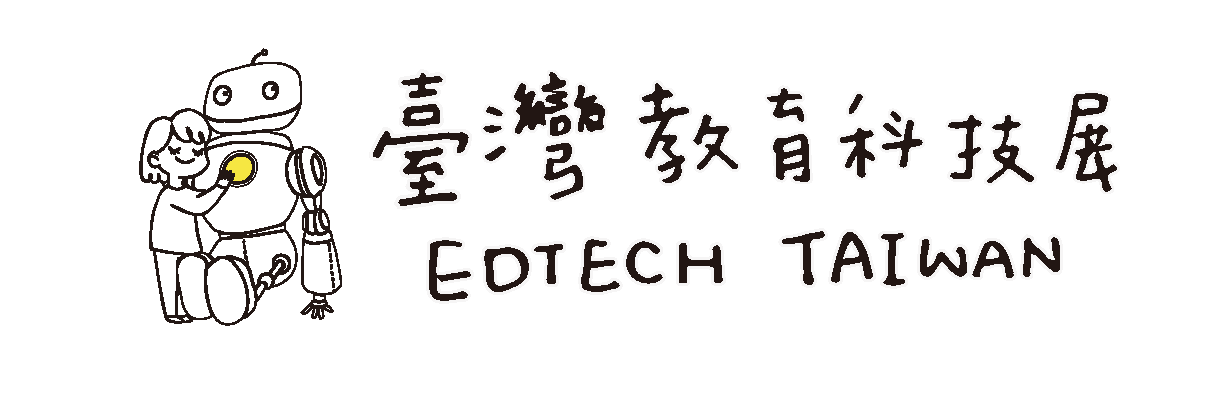

.png?ext=.png)



.png?ext=.png)







.png?ext=.png)
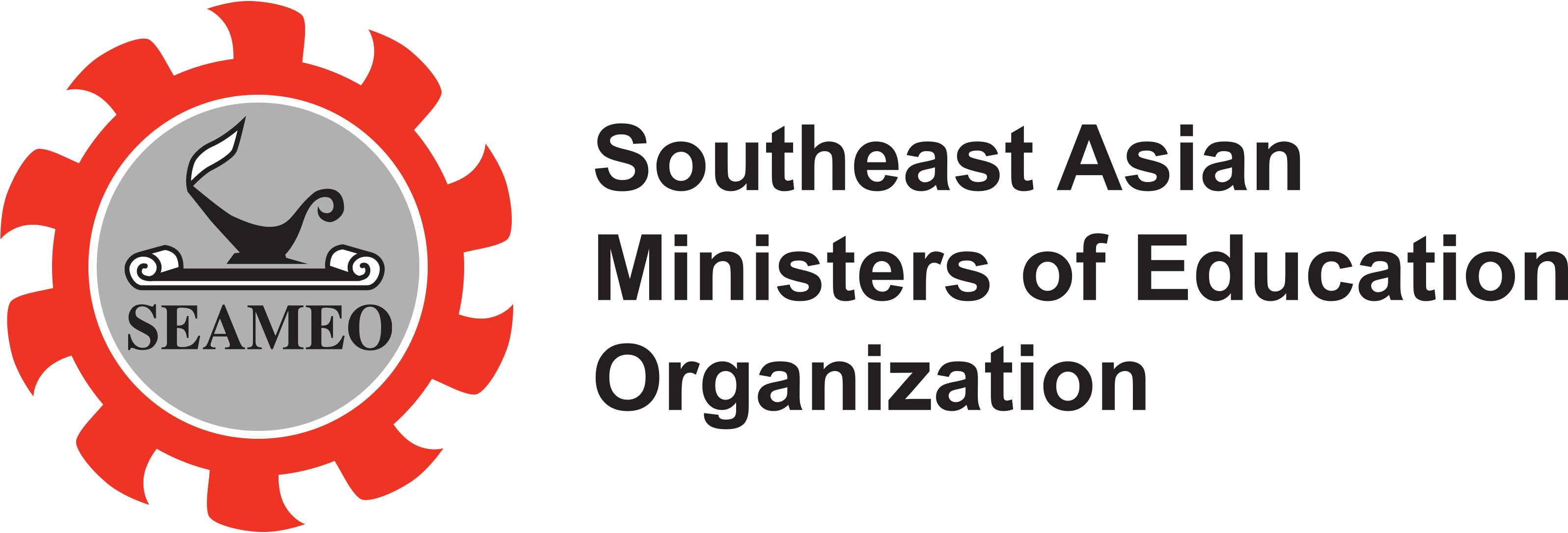
.png?ext=.png)

.png?ext=.png)

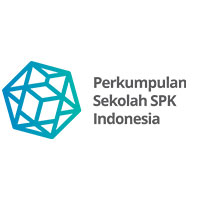

-4000px-(2).png?ext=.png)
